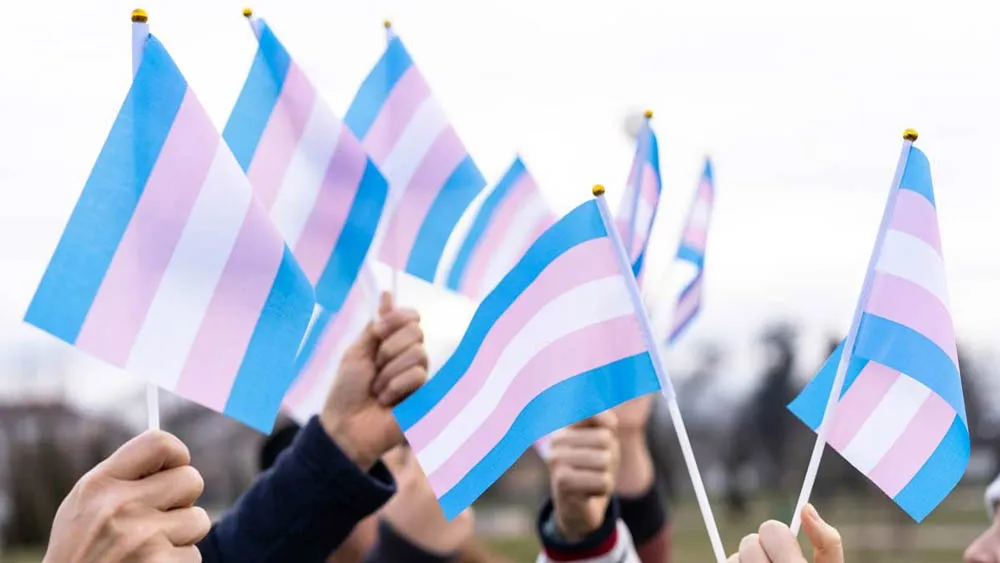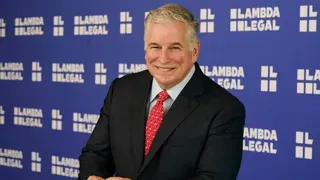August 19, 2013
Scalia: Court Shouldn't "Invent New Minorities"
Bobby McGuire READ TIME: 3 MIN.
BOZEMAN, Mont. -- The U.S. Supreme Court is making decisions that should be left to Congress or the people, from wiretapping to "inventing" new classes of minorities, Justice Antonin Scalia said Monday.
In an apparent reference to the court's recent decisions on gay marriage and benefits for same-sex couples, Scalia said it is not the function of the courts to create exceptions outside the Constitution unless a majority of people agree with them.
"It's not up to the courts to invent new minorities that get special protections," Scalia told a packed hotel ballroom in southwestern Montana.
The Supreme Court earlier this year cleared the way for same-sex marriages to resume in California and struck down part of a federal law that prevents legally married gay couples from receiving benefits. Scalia voted against the majority of justices.
Changes to the Constitution were made to protect minorities and to give women the right to vote, but that's not how the court operates today, he said.
Rather, a majority of five judges decide issues that should be in the hands of Congress or made through a change to the Constitution.
Questions such as National Security Administration surveillance of phone records or the privacy questions in the Patriot Act were once answered by Congress, which knows how serious a threat is compared to the intrusiveness of the surveillance. But now the courts are doing so.
"Of all the three branches, we are the one that knows the least about the nature of the threats to the country, and we have the least ability to find out about it," Scalia said.
Scalia spoke before more than 300 people in Bozeman in a gathering sponsored by the Federalist Society, which he helped launch more than 30 years ago to fight the perception of liberal bias at the nation's law schools. The group is trying to open a chapter in Montana.
Scalia was appointed to the Supreme Court by President Ronald Reagan in 1986, and his opinions have placed him among the most conservative justices on the bench.
It's the second time in three years the 77-year-old justice has spoken in Bozeman. In 2010, he gave a speech at Montana State University's Museum of the Rockies.
Scalia answered some questions written by the audience, including a hot-button issue in Montana: the Second Amendment's right to keep and bear arms.
"What remains to be determined ... appears to be the scope of the armament that people can keep and bear," he said. "Can they bear shoulder-fired rocket launchers?"
He said the court will have to take those cases as they come, but his approach will be to apply the historical understanding of the Second Amendment, which was not just in self-defense against animals and home intruders, but for the people to protect themselves against a tyrannical leader.
Scalia dismissed the idea of term limits for Supreme Court justices, asking, "Who is drooling on the bench?"
He also called the notion of an imperial presidency "garbage," saying the presidency is weak by design and Congress holds the real power.
"Congress can do whatever it wants, if it gets its act together," he said.
He also was asked about the most wrenching decision since he's been on the bench.
"Well, is Obamacare too recent?" he asked to laughter.
Scalia dissented with the majority opinion that left President Barack Obama's health care overhaul mostly intact.





